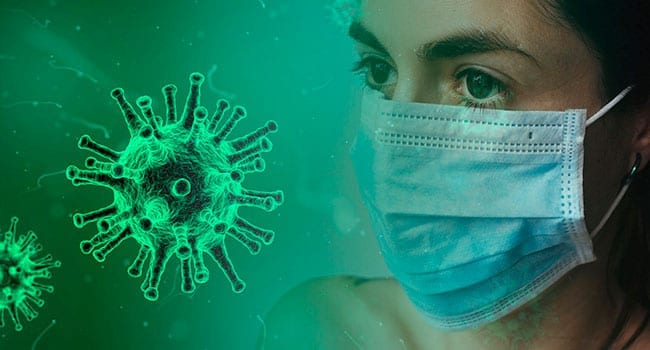 Prime Minister Justin Trudeau finally says Canada is moving aggressively to procure diagnostic test kits, ventilators, and the personal protective equipment (masks, face shields, gloves, gowns) that front-line health-care workers require to carry out their duties during a pandemic.
Prime Minister Justin Trudeau finally says Canada is moving aggressively to procure diagnostic test kits, ventilators, and the personal protective equipment (masks, face shields, gloves, gowns) that front-line health-care workers require to carry out their duties during a pandemic.
Without adequate quantities of those supplies, it’s impossible for doctors to determine who is infected, to treat those with the most severe symptoms and, just as importantly, to ensure their safety as they care for others.
Many health-care workers are, for now, breathing a sigh of relief. But before we sing the praises of those in power, it should be noted that these are the most basic medical supplies needed to treat a respiratory disease, and the same government that kept warning us of a coming pandemic only took initial action on March 31 to obtain them:
- 67 days after Canada announced its first confirmed case of COVID-19;
- 57 days after our federal health minister said that Canada had the “structures and systems” in place to tackle a public health emergency;
- 34 days after Canada’s deputy chief public health officer told the House of Commons Health Committee that Canada was doing well and, “We have contained the virus;”
- 20 days after the World Health Organization (WHO) declared COVID-19 to be a global pandemic;
- 19 days after Deputy Prime Minister Chrystia Freeland told the House of Commons that the government was listening to “our medical experts” and “they say that Canada is well prepared.”
Obviously, both federal and provincial governments have had to deal with an overwhelming number of issues in the past couple months. But the chatter about a shortage of masks and ventilators has dominated COVID-19 conversations from the very beginning. So Canadians are increasingly aware that there’s a difference between what the government says about its degree of preparedness and the reality at many of our health-care facilities.
The problem has been evident for weeks.
Face masks have been in short supply around the world. European countries and the United States have been scrambling to buy ventilators and repurpose factories to produce them. In Italy, the sheer number of critical cases has forced doctors to make life-and-death determinations about who gets the support of a ventilator (the young always win).
We’ve seen the videos posted by Canadian health-care workers who don’t have enough protective gear to ensure their safety. Some workers are bringing masks from home, while others are restricted to one mask a day. In some areas, workers can’t use a face mask unless they’re dealing with a patient who has already tested positive for COVID-19.
By mid-March, Canadian doctors had had enough and began circulating a change.org petition citing “a critical shortage of COVID-19 test kits, ventilators, hand sanitizer, and medications” and calling on Trudeau, Canadian premiers and all health ministers to provide them with the necessary protective equipment.
In the midst of all of this, federal Health Minister Patty Hajdu stated that Canada had a stockpile of masks for domestic use and very kindly sent 16 tonnes of the highly-valued protective gear to China. Just after that, Ontario admitted it had stockpiled 55 million facemasks after the SARS epidemic, but they were now expired and would be used only in an emergency.
How close were some hospitals to running out of supplies?
On the very day Trudeau first announced his intention to deal with the shortages, March 31, Quebec Premier Francois Legault said his province only had medical supplies to last four to seven days.
This is unacceptable.
Ironically, ordinary citizens have been quick to recognize the problem and adapt accordingly. Many companies (large and small) are doing what they can to refit their factories and equipment to make hand sanitizer, protective face shields, masks and even ventilators.
The doctors, nurses, caregivers and other front-line workers are, and will continue to be, the major actors responsible for the health of Canadians. Just as we expect that they will carry out their duties and care for us, Canada has a moral obligation to care for them. That means providing them with the protective gear they need to remain safe and the medical supplies they need to treat their patients.
Written contracts may not have been breached in this situation but a moral contract has. Trust has been broken and we may all come to regret that.
Susan Martinuk is a research associate with the Frontier Centre for Public Policy.
Susan is a Troy Media Thought Leader. Why aren’t you?
The views, opinions and positions expressed by columnists and contributors are the author’s alone. They do not inherently or expressly reflect the views, opinions and/or positions of our publication.


